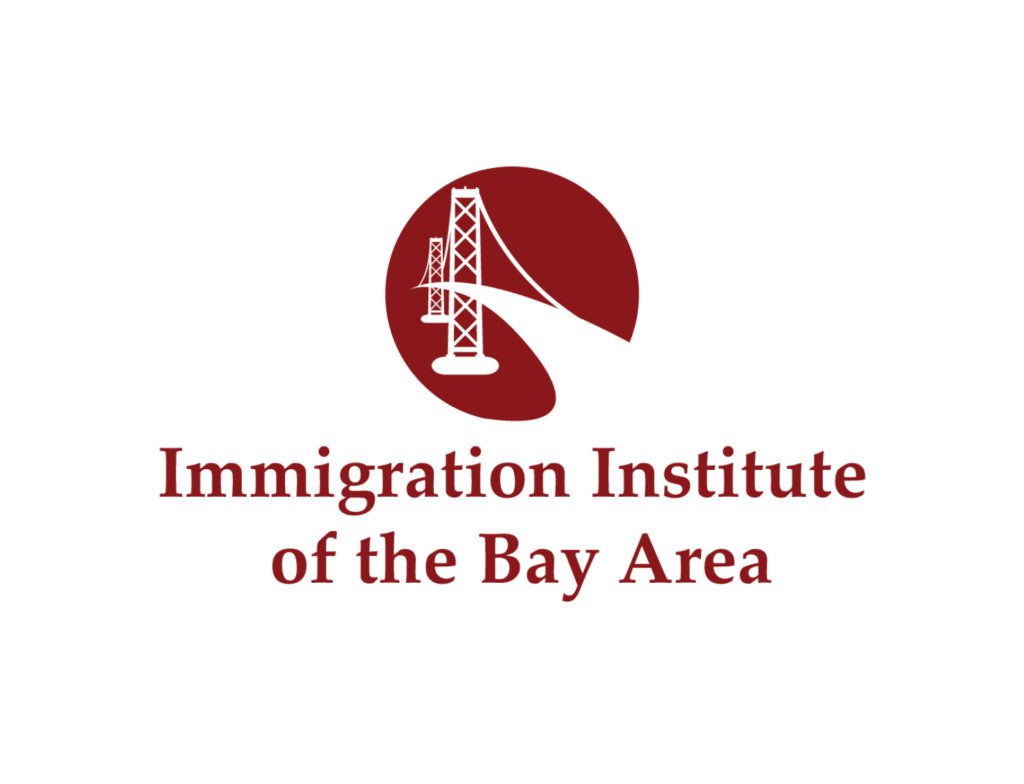
- This event has passed.
DO YOU HAVE QUESTIONS ABOUT THE NEW PUBLIC CHARGE RULES?
Learn about the new changes that will affect immigration laws.
Lombardi Clinic 751 Lombardi Ct Santa Rosa Saturday, October 5, 2019, 11:00am – 12:00 PM
Questions? Please call IIBA’s Sonoma office at 707-932-7000.

